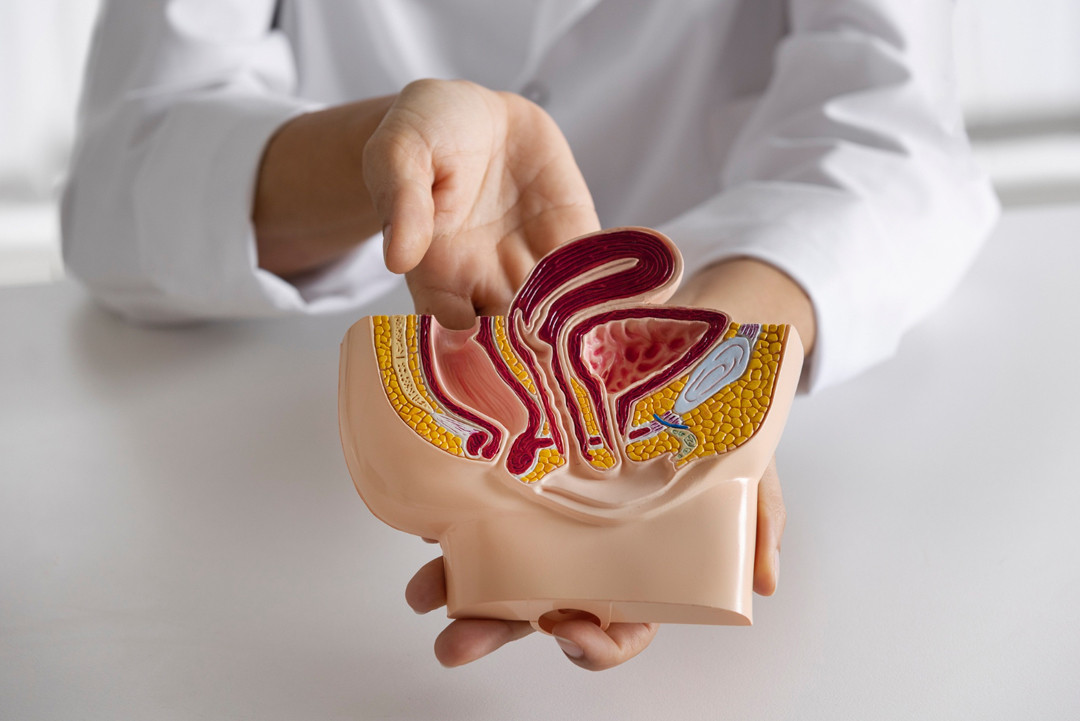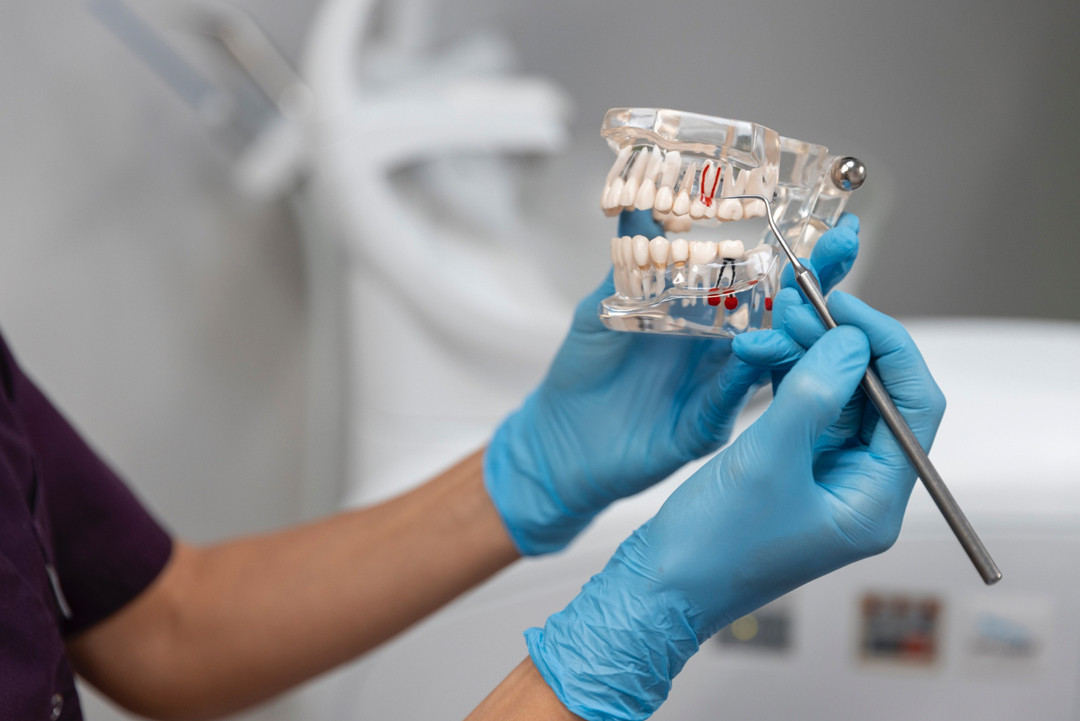What Is Gastrointestinal Surgery?
Gastrointestinal (GI) surgery focuses on diagnosing and treating conditions affecting the digestive system organs, including the esophagus, stomach, intestines, liver, pancreas, gallbladder, and rectum. These surgical procedures address a wide range of conditions, from common ailments like appendicitis to complex diseases such as colon cancer. GI surgery also involves repairing damaged tissues, removing tumors, or addressing structural issues like hernias.
Minimally invasive procedures are often employed for diagnostic, monitoring, or therapeutic purposes, offering less recovery time and fewer complications.
Common Gastrointestinal Surgical Procedures
1. Gastrointestinal Endoscopy
A non-surgical procedure using a flexible tube with a camera to examine the digestive tract. Types include:
- Colonoscopy: Examines the colon.
- Upper Endoscopy: Inspects the esophagus and stomach.
- Sigmoidoscopy: Focuses on the rectum and lower colon.
Used to diagnose conditions like abdominal pain, bleeding, and swallowing difficulties.
2. Appendectomy
Surgical removal of the appendix, typically due to appendicitis, an inflamed appendix that can lead to severe complications if untreated. This procedure can be performed using:
- Laparoscopy: Minimally invasive with smaller incisions.
- Open Surgery: Traditional method with a larger incision.
3. Cholecystectomy
The removal of the gallbladder, often due to gallstones or bile duct obstruction.
- Laparoscopic Cholecystectomy: Minimally invasive.
- Open Cholecystectomy: Traditional approach for more complex cases.
4. Hernia Repair
Surgery to correct abdominal wall weaknesses where internal organs protrude. Common hernia sites include the groin and navel. Options include:
- Laparoscopic Repair: Minimally invasive.
- Open Repair: Used for more severe cases.
5. Bariatric Surgery
Weight-loss surgery for individuals with severe obesity, using methods like:
- Sleeve Gastrectomy: Reduces stomach size.
- Gastric Bypass: Alters stomach and small intestine structure.
- Biliopancreatic Diversion: Limits food intake and absorption.
6. Colectomy
Partial or complete removal of the colon to treat conditions such as:
- Colon cancer.
- Inflammatory bowel disease.
- Diverticulitis.
May involve creating an external opening for waste elimination in advanced cases.
7. Pancreatic Surgery
The Whipple Procedure is commonly performed for:
- Pancreatic tumors.
- Intestinal and bile duct tumors.
8. Liver Surgery
Includes:
- Liver Resection (Hepatectomy): Removal of part of the liver.
- Liver Transplant: Replacing a diseased liver with a healthy donor organ.
9. Cancer Surgery
Performed to treat cancers in the liver, pancreas, colon, and stomach.
- Open Surgery: Traditional method for extensive conditions.
- Laparoscopic Surgery: Minimally invasive for shorter recovery times.
Benefits of Gastrointestinal Surgery
- Symptom Relief: Alleviates pain, bloating, and digestive issues.
- Improved Quality of Life: Restores normal eating and digestive functions.
- Prevention of Complications: Reduces risks like organ perforation.
- Enhanced Health Outcomes: Treats life-threatening conditions like cancer.
- Weight Loss: Bariatric procedures promote significant weight reduction and improved health.
Precautions Before Surgery
To ensure a successful outcome and smooth recovery:
- Follow pre-operative instructions, including fasting or adjusting medications.
- Undergo required physical exams, lab tests, or imaging studies.
- Avoid alcohol, smoking, and fatty foods.
- Discuss any ongoing medications or health concerns with your doctor.
Your doctor will create a tailored plan based on your health, the nature of your condition, and your personal needs.
Gastrointestinal surgery is a transformative solution for various digestive system conditions, offering improved health, quality of life, and long-term outcomes.


















